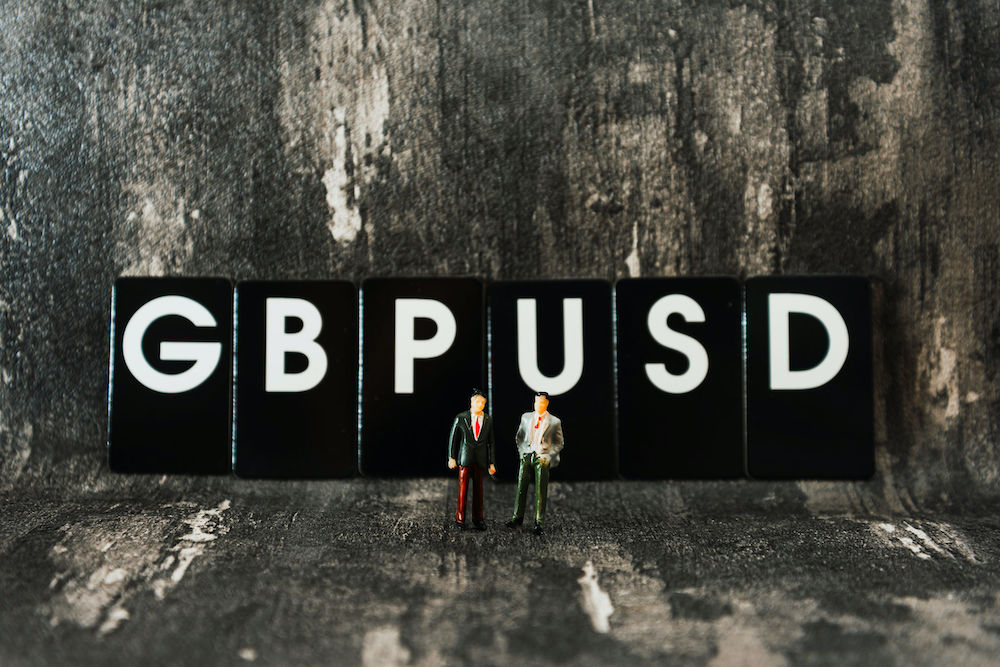
Sterling saw a big rise across the day on Tuesday after encouraging signs of a trade deal with a major non-EU economy emerged.
A leading figure in the Japanese government claimed that a trading deal between Britain and Japan could soon be signed.
The comments were made by the country’s foreign minister, and come as a sign of welcome relief for nervous pound traders.
Britain is now having to negotiate its own trade deals with various nations around the world following the referendum to leave the EU.
The terms of any future newly negotiated trading relationship between Britain and Europe is still uncertain.
However, the fact that some countries appear to be able to strike deals with Britain was interpreted positively by pound traders.
Sterling was spotted at $1.3413 at one stage.
This marked its best position since the end of last year.
The news from Japan was one of the factors that influenced the decline of the dollar and the decision by traders to invest in other global currencies.
Taking a long-term view, the greenback appeared to be stuck in a major negative position against some of its major safe-haven competitors, including the Swiss franc.
It was seen at 0.9006 in this pair, which was only a negligible amount higher than its worst position in over half a decade.
Against the Japanese yen, meanwhile, the currency was seen at 105.75 at one point.
In its euro pair, meanwhile, the greenback was down to $1.1997.
This reflected its worst position for well over two years.
The dollar’s poor performance across the board was summed up in the performance of its index, which tracks the way that the currency is performing compared to six competitors.
That tracker was down to its worst performance in two years, reaching 91.775 at one stage.
There were, however, various factors playing into these developments.
One was the decision of the Federal Reserve, which is the country’s central bank, to target inflation on an averaged basis.
It is now aiming to keep its main interest rate levels down for a longer period of time.
For some dollar traders, this has proven to be enough to sell the currency altogether.
Another currency that scaled heights against the greenback on Tuesday was the Australian dollar, though this appeared to be fuelled by domestic economic developments rather than international events.
The Aussie was up to $0.7413 at one point, which left it nearing a high last reached two summers ago.
This appeared to happen following the Reserve Bank of Australia’s decision to keep the country’s cash interest rate at a quarter of a percentage point when it met today.
It did, however, announce some additional low-cost debt for financial service institutions, and said that this opportunity would be available until well into next year.
 Between 74-89% of CFD traders lose
Between 74-89% of CFD traders lose  Your capital is at risk
Your capital is at risk  Your capital is at risk
Your capital is at risk  Your capital is at risk
Your capital is at risk